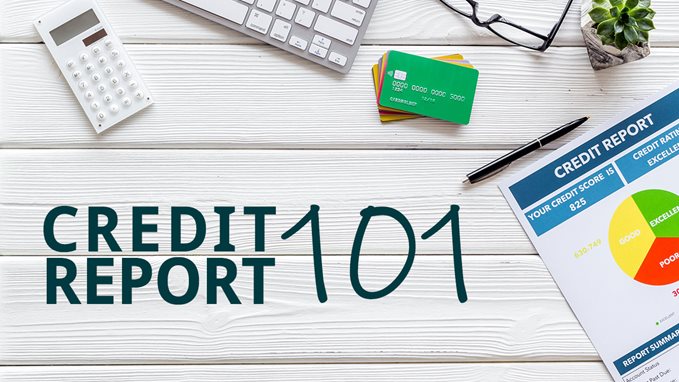
Did you know that one in five credit reports has a mistake on it? According to a report by the Federal Trade Commission (FTC), mistakes happen on around 20% of credit reports. Now with the ability to check your credit more often (you can now check weekly until April 2021), it’s a great time to make sure it’s correct and review what exactly is on your credit report.
What is a credit report?
According to MyCreditUnion.gov, a credit report is a record of your credit history that includes information about your identity, existing credit, public records and inquiries about you. Your name, address, full or partial Social Security number, date of birth, and possibly employment information are commonly listed on the report. Current and fully paid credit obligations are listed, such as credit cards, mortgages, car loans, and student loans. It may also include terms of your credit, how much you owe and your history of making payments (i.e. missed or late payments as well as bad debts). Public records may include any court judgments against you, any tax liens against your property and if you filed bankruptcy. A list of companies and people who recently requested a copy of your report will also be reflected on your report.
Why is a credit report important?
Your report is important because it’s how lenders, insurers, employers and others assess how you manage financial responsibilities. Lenders may use your credit report information to decide whether you can get a loan or the terms you get for a loan, like the interest rate you will be charged. Insurance companies use the information to decide whether you can get coverage and set the rates you pay. Employers may use it for hiring purposes. Utility companies and landlords will use it to make decisions on whether to provide services or rent to you.
When should I review my report?
It’s recommended that you review your credit report at least once or twice a year. You should make sure the information on your report is accurate, complete and up to date before you apply for a loan for a large purchase like a house or car or apply for a job. Reviewing your report also helps to guard you against identity theft. You may spot a delinquent account on your credit report that was opened by an identity thief.
In part 2, we will discuss where the credit agencies get their information from, who has access to review your credit report, and what to do if there is an error. Stay tuned!